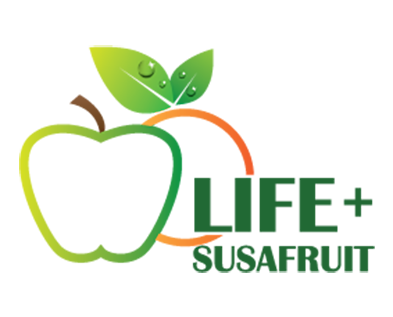Plant pests and diseases cause important yield and quality losses in fruit crops. Due to the hazardous effects of agrochemicals on both humans and the environment, there is a growing trend towards agro-ecosystems based on the management of ecological interactions and the use of integrated pest management (IPM).
IPM has become an accepted model for plant protection in the EU, as it helps maintain food security while addressing environmental considerations. Moreover, sustainable fruit production is a top priority for European producers. With the new Regulation on Plant Protection Products (1107/2009) and the Directive for the Sustainable Use of Pesticides (2009/128), many chemical products have disappeared from the European market, creating new challenges for pest and disease control. The promotion of low-pesticide input management, notably IPM and organic farming, has achieved a significant reduction in pesticide use, but the sustainable use of pesticides requires additional efforts to ensure technology transfer.



